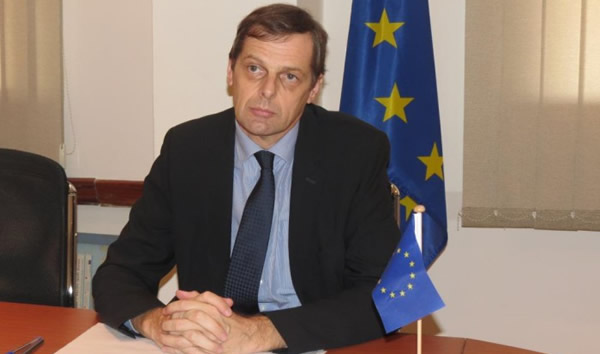‘Mobilise around common economic vision’

Business Reporter
ZIMBABWEANS should mobilise around a common vision and draw lessons from the execution of the liberation war which successfully brought economic emancipation. Labour and Economic Development Research Institute of Zimbabwe director Dr Godfrey Kanyenze told a round table discussion organised by the International Monetary Fund in conjunction with the Ministry of Finance and Economic Development and the Reserve Bank of Zimbabwe yesterday that Zimbabweans are the best people to solve their problems.
“When I was younger, my pastime was on bashing the IMF and the World Bank but when I grew older I realised that my life is my responsibility. No one owes me a living. It’s time we come together to identify a common Zimbabwean model that labour, business, capital and all of us in civil society can actually be mobilised around,” said Dr Kanyenze.
“The IMF mission comes to Zimbabwe for only two weeks and there is no way they will understand the problems here better than we do. There is no way they can come up with prescriptions better than what we can prescribe as a collective here in Zimbabwe,” he said.
Salvation from current challenges will not come from external partners although partners can only assist. “I was inspired by the generation of the liberation struggle; how youths were mobilised around the mantra ‘None but ourselves’. We cannot outsource the struggle. I get worried when we outsource our development,” said Dr Kanyenze.
“Let’s mobilise ourselves as Zimbabweans because the development of Zimbabwe is primarily the responsibility of Zimbabweans. The external interlocutors can assist but it’s not their issue, it’s not their problem. It’s our problem. Let’s unite. You can’t achieve anything without unity. Again the liberation mantra was; United we stand, divided we fall,” he said.
Dr Kanyenze said the World Economic Forum competitiveness report has pointed out that Zimbabwe is focusing on soft issues that do not matter to competitiveness.
“Why can’t we create an environment that is conducive for local people to do business? Why does it take 90 days to start a business when in Mauritius you can just do it online as quickly as you can? We must go back to the basics. We want to come back to that mantra that liberation spirit where young people sacrifice to go to war in spite of the formidable challenges. We cannot put the formidable challenges in front of us otherwise we become hopeless,” he said.
The round table discussion drew participants from public and private sectors, NGOs, and development partners. The discussion focused on economic prospects for Zimbabwe and the Re-engagement Process.











Comments